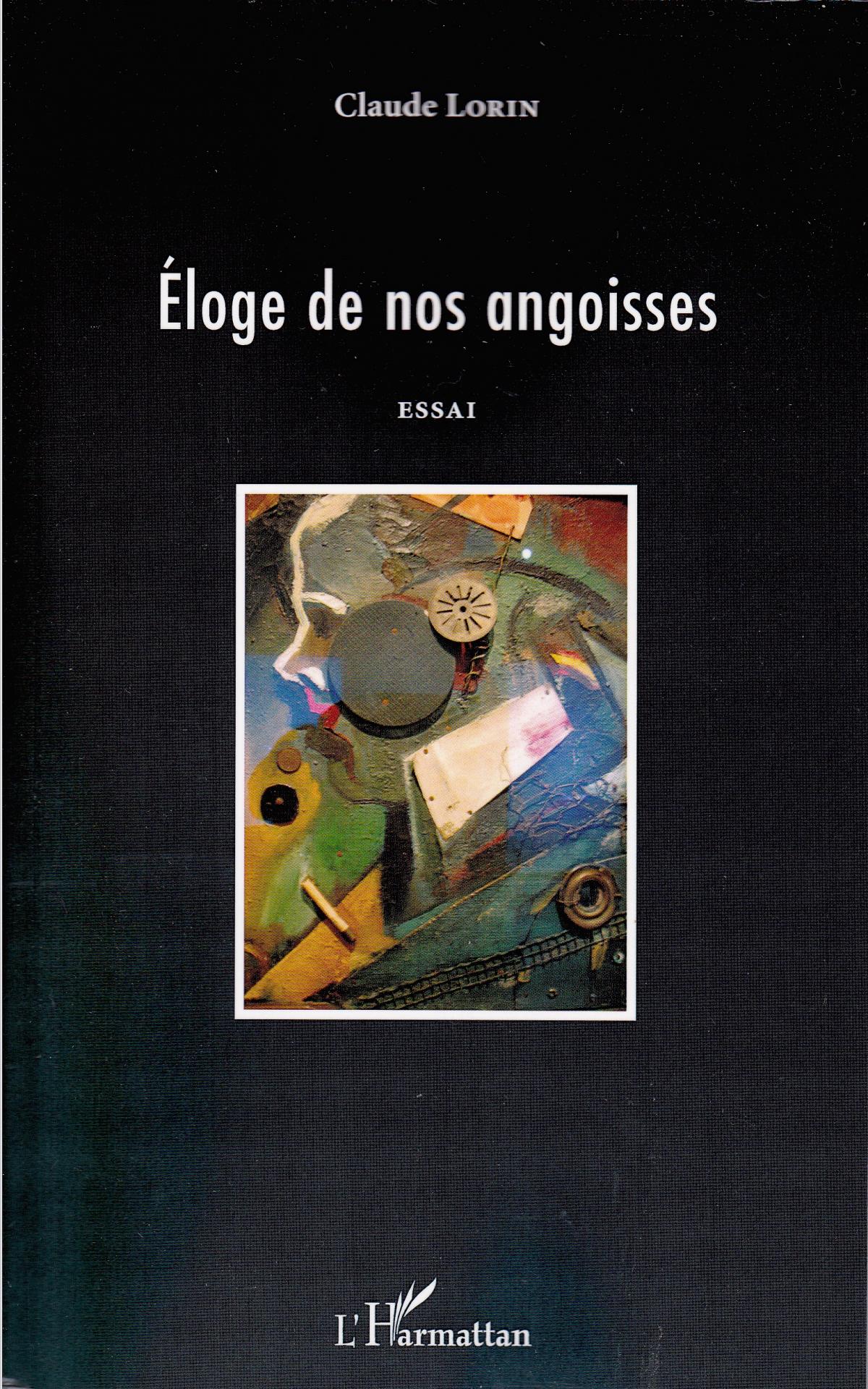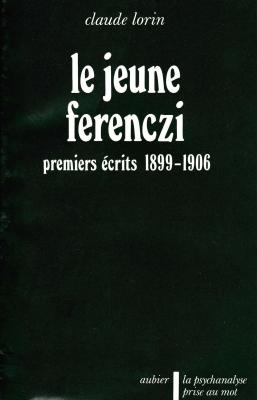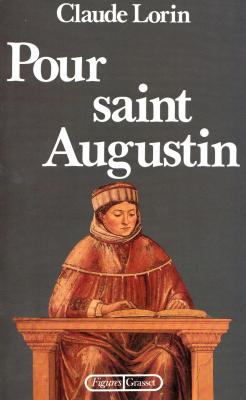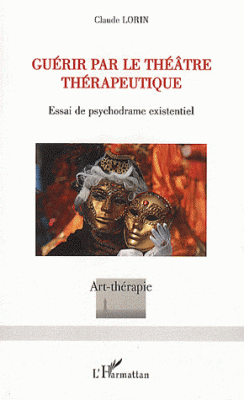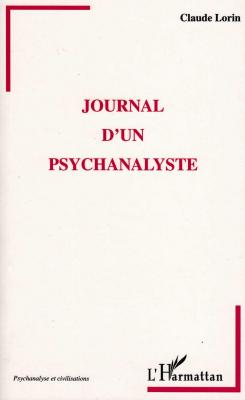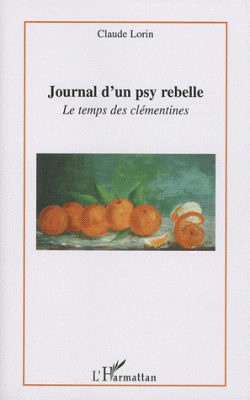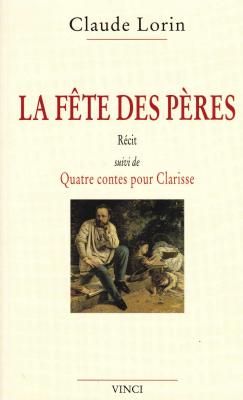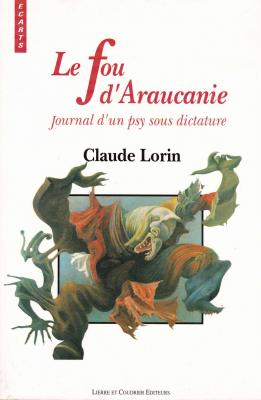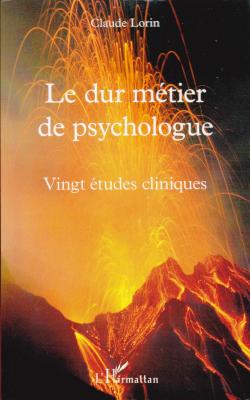Newpapers reviews
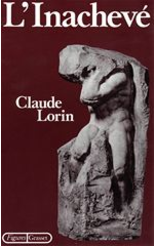
"This book is about us and is intriguing. Is the author restoring feminity? Yes, and his essay is very stimulating and is a must-read." Pierrette Rosset (ELLE Magazine).
"Claude Lorin reminds us that there is aesthetics unfinished which is characteristic of contemporary art." André Brincourt (Le Figaro).
"A brilliant and stunning book!." François Salvaing (L'Humanité).
"The unfinished in art has never been truly recognized. Claude Lorin has solved the problem." Jacques Henric (Art Press magazine).
"The goal of Claude Lorin's book is to break the silence and make unfinished art recognized and known." G.B (La Tribune de Genève).
"Claude Lorin raises a simple but one of the most exciting questions." Jean-Jacques Pauvert (Hebdo Magazine).
Add a comment

